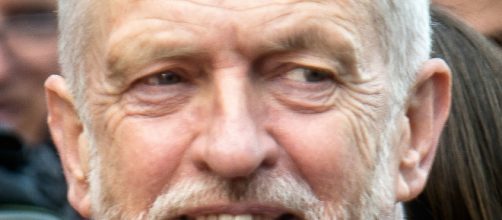The events that unfolded in the town of salisbury recently are still reverberating around the world political stage. On face value, it appeared clear-cut that the poisoning of Sergei Skripal, a former double agent for the UK's intelligence services and his daughter, was perpetrated by Russia. After all, Mr. Skripal was deemed to be a traitor by Vladimir Putin. The nerve gas was examined by military experts at Porton Down and found to be one of a group of nerve agents called 'novichoks' developed by Russia. Given that a similar attack had also occurred several years ago resulting in the death of former Russian agent Alexander Litvinenko, there seemed to be no other conclusion.
However, support for PM Theresa May was slow to arrive.
Britain's allies united
Leaders of Germany, France, and the USA have joined together to release a statement in support of Mrs. May condemning the use of the nerve agent as an attack on British sovereignty. The statement released by Downing Street concludes that it is highly likely Russia was behind the attack.
Trump's silence
This unity took some time to materialise, however. Donald Trump's Twitter feed, which normally overflows with tweets about everything imaginable that is happening on and off US soil, makes no mention whatsoever about the attack or of his support for Mrs. May. In fact, Trump's initial reaction was to stay uncharacteristically quiet and fire Secretary of State Rex Tillerson after he spoke out in an interview where he openly condemned Russia for the attack.
That Britain's allies are so openly supportive of Mrs. May and her actions and also so unified in their condemnation of Russia will send a strong and unequivocal message to the Kremlin that this kind of openly antagonistic behaviour cannot be tolerated.
Corbyn refuses to apportion blame
Standing alone against what seems to be insurmountable evidence is Labour leader Jeremy Corbyn. In an article in The Guardian today, Mr. Corbyn says Mrs. May should remain "calm and measured" in what is a "fevered parliamentary atmosphere." He goes on to draw similarities with the invasion of Iraq which he says was prompted by "flawed intelligence and dodgy dossiers."
He does indeed stand alone on this as even members of his own party have openly disagreed with his views and have tabled a motion offering their support for the expulsion of 23 Russian diplomats.
It is not clear what further evidence Mr. Corbyn would like to see but at the moment he has succeeded in not only alienating himself from members of his own party, but also is taking a controversial stance on an act that has profoundly affected public sensibilities.


